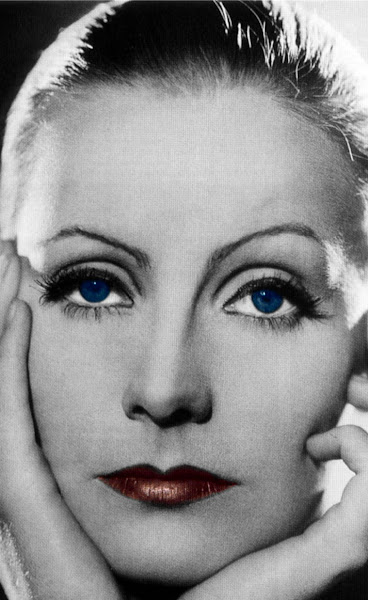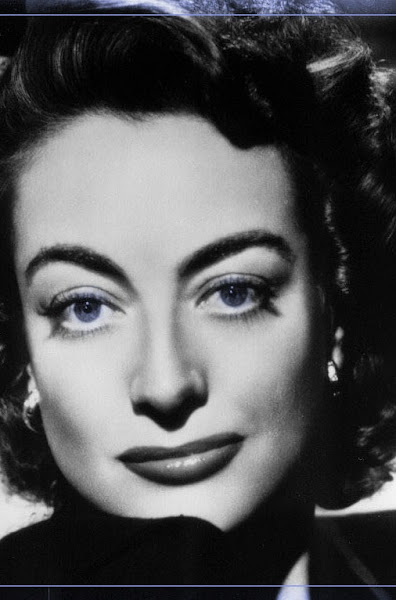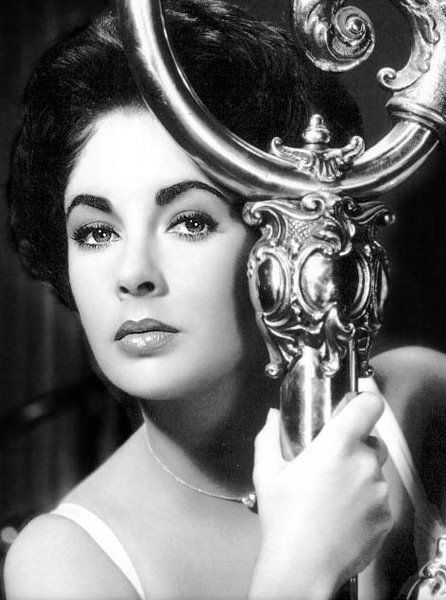 *** ½ out of ****
*** ½ out of ****
Most people would like to blame their parents for the difficulties in their lives, and in the case of the 1978 Swedish film, “Autumn Sonata,” the blame might actually be well-founded. This beautifully photographed picture that finally brought together two of the greatest Swedes in the film industry, director Ingmar Bergman and actress Ingrid Bergman (no relation), is the powerful, haunting story of an estranged mother and daughter rehashing personal wounds from the skeletons of their closets. In “Autumn Sonata,” Charlotte (Ingrid Bergman), a virtuoso concert pianist, finally visiting her daughter, plain, simple Eva (Liv Ullman) after seven years, ultimately does not get the warm welcome she expects. Although the film gets a bit talkative, it is a nearly perfect account of damaged human relationships.
One of the great powers of “Autumn Sonata” lies in its two main actresses. Ingrid Bergman, unfortunately in her last theatrical film role, brings life to selfish, lonely Charlotte. Her skill at the piano is exquisite—she masters music, notably Chopin, in the way she says his “Prelude No. 2” should be played: so perfectly it is almost imperfect. However, Charlotte’s mastery over her own family is poor—the neglect of her husband and two daughters has led Eva to great personal anguish that she has long bottled up. Eva, in the meantime, assumed the role of the “mother” of the family at an early age, sitting with her abandoned father and caring for her sickly sister, Helena (impressively played by Lena Nyman). She notes that, unlike her mother’s Chopin, her own imperfection has long been something that has had to be corrected, not emphasized. Ullman’s interpretation of her character is rather affecting and certainly astonishing as she transforms from simple wife and daughter to a violently angry woman scorned by her mother.
The acting is certainly augmented by Ingmar Bergman’s skillful direction. This film is an explosive study of human relationships, and Ingmar Bergman treats it as such. By way of the many close-ups he posits, he essentially puts his characters under a microscope. Furthermore, the cuts are quite infrequent, as if Bergman is only interested in putting the camera in someone’s face and studying the way he or she feels. Even Viktor (Halvar Björk), Eva’s husband, says twice in the film that sometimes he likes to watch his wife when she is not aware. Within the film frame, viewers study the relationship between Charlotte and Eva, but within the film’s door frames, Viktor sometimes studies Eva. The film, then, is a self-reflexive allegory on the way we all study each other in life and on film.
“Autumn Sonata,” with its study of the estrangement of family members, recalls such later films as “On Golden Pond” and “Postcards from the Edge.” However, the relationships depicted in those two films, though both extremely well-acted, hardly hold a candle to the explosive performances of the deeply wounded Bergman and Ullman as Charlotte and Eva. While the film does get wearingly talkative at times in its ninety-seven minutes onscreen, the lightning the two actresses strike together is certainly poignant. Amidst the magnificent oranges, reds, and yellows of the film’s mise-en-scène, their misery recalls the foliage that begins to fall in the autumn. For them, unhappiness continues to fall with the leaves.
April 4, 2009
Autumn Sonata (Höstsonaten)
Subscribe to:
Post Comments (Atom)

.jpg)

.jpg)
.jpg)

No comments:
Post a Comment